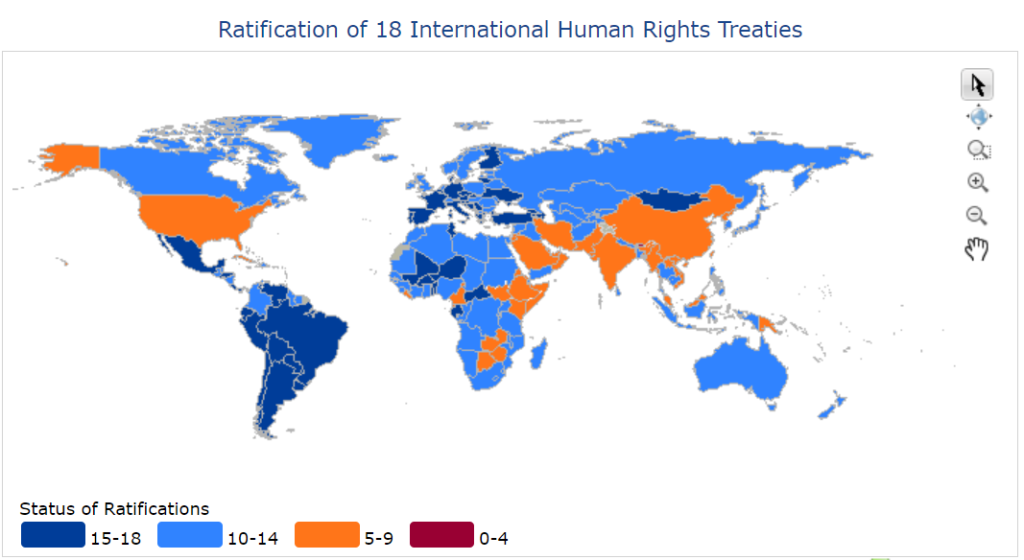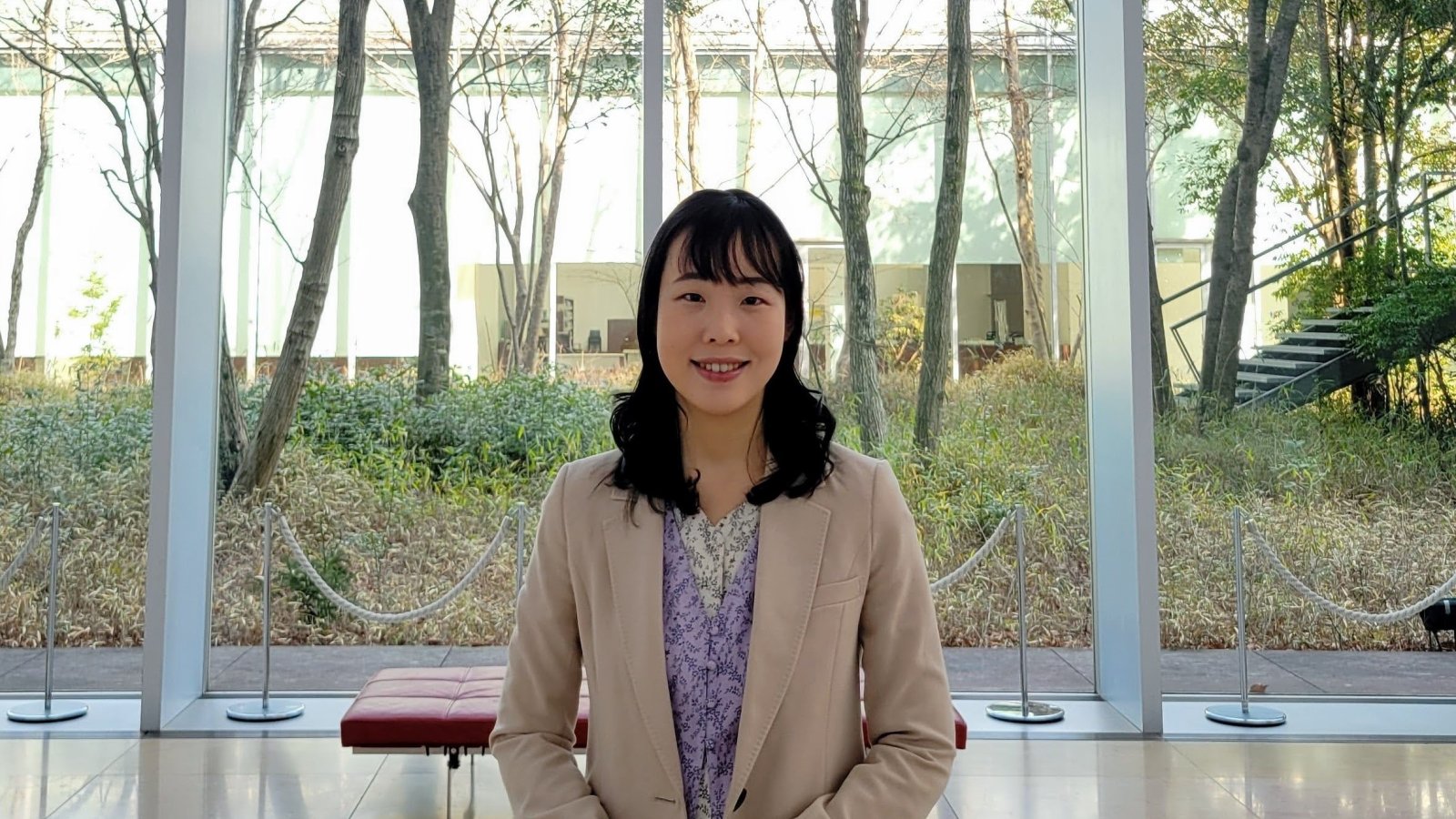Field of Research
International Law
Research Topics
(1) The relationship between human rights treaty organs and various state organs;
(2) “Inter-state organ norms” in international human rights law;
(3) Democratic legitimacy of human rights treaties
Overview of Research
What is International Human Rights Law?
International human rights law, which is my major research area, is the body of international law that has been designed to protect and promote human rights. The primary source of obligations in international human rights law is human rights treaties. These treaties usually establish human rights treaty organs that monitor their implementation. Such human rights treaty organs can be divided into two types. The first type is called the “XX Court,” such as the European Court of Human Rights established under the European Convention on Human Rights. These courts have the competence to examine complaints of human rights violations submitted by individuals to render judgments that are binding under international law. The second type is called the “XX Committee/ Commission,” such as the Human Rights Committee established under the International Covenant on Civil and Political Rights. These committees/ commissions conduct multiple activities that include reviewing the States parties’ implementation of human rights treaties based on communications received from individuals and reports submitted by States, and issuing non-binding recommendations.

*This shows the number of States parties to 18 UN human rights treaties (9 core international human rights instruments and their protocols). Most of the States in the world have ratified multiple human rights treaties. (https://indicators.ohchr.org/)

*This is a hearing at the European Court of Human Rights. (https://www.echr.coe.int/Pages/home.aspx?p=home)
Research Background: Penetration of Human Rights Treaties into Domestic Legal Orders
Unlike the traditional international law that regulates the horizontal relationships between States, human rights treaties regulate the vertical relationships between States and individuals within their own jurisdiction, which was previously regulated by national public law alone. Moreover, obligations under human rights treaties concern a wide range of aspects of States’ exercise of public authority. Therefore, effective implementation of human rights treaties requires not only the involvement of the executive branch (especially the ministry of foreign affairs) that has traditionally represented States in the international plane but also the cooperation of various state organs, such as parliaments and courts. Thus, human rights treaty organs have recently begun to adopt judgments and recommendations that substantially address the respective state organs such as parliaments and courts. States parties to human rights treaties have strengthened national mechanisms for the implementation of human rights treaties. Therefore, today, human rights treaties penetrate domestic legal orders, and human rights treaty organs exert considerable influence on domestic legal orders.
Against this background, I have studied the following three interrelated topics.
Research Topic 1: The Relationship between Human Rights Treaty Organs and Various State Organs
Human rights treaty organs currently exert a strong influence on the legal orders of many States, to an extent equivalent to that of state organs. Therefore, the traditional analytical framework which solely addressed the relationship between human rights treaty organs and “States” as unitary entities is insufficient. It is necessary to build a new framework that enables discussions on the relationship between human rights treaty organs and respective state organs such as parliaments, courts, and various administrative bodies. Thus, through the comprehensive analysis of relevant actors’ practice as well as the normative analysis based on national constitutional law doctrines and legal philosophy, I have examined the principles that regulate the relationship between human rights treaty organs and respective state organs (see, Hinako Takata, “The Autonomous Status of Each State Organ in International Human Rights Treaties: Disaggregating the “State” as a Unitary International Law Entity (1)-(6),” Kyoto Law Review, Vols. 188 (2), 188 (3), 189 (2), 189 (5), 189 (6) & 190 (1) (2020-2021)[in Japanese]).
Research Topic 2: “Inter-State Organ Norms” in International Human Rights Law
Traditionally, international law is created by “States” as unitary entities, addresses States, and is operated by States. On the contrary, “inter-state organ norms,” which is my original concept, are norms that are created not by “States” but by individual state organs such as parliaments, courts, various ministries, and national human rights institutions (NHRIs), address state organs, and are operated by state organs. A typical example is the Paris Principles on NHRIs, which was first adopted in the international workshop on NHRIs in 1991 and was then annexed to the United Nations General Assembly Resolution 48/134 in 1993. Inter-state organ norms have played very important roles in promoting the penetration of human rights treaties into domestic legal orders and the participation of individual state organs in the realization of human rights treaties. Therefore, I have studied the functions of inter-state organ norms in human rights treaties through the theoretical lens of global legal pluralism (for inter-NHRI norms, see Hinako Takata, “NHRIs as Autonomous Human Rights Treaty Actors: Normative Analysis of the Increasing Roles of NHRIs in UN Human Rights Treaties,” Max Planck Yearbook of United Nations Law, Vol. 24 (2021); Hinako Takata, “How are the Paris Principles on NHRIs Interpreted? Towards a Clear, Transparent, and Consistent Interpretative Framework,” Nordic Journal of Human Rights (forthcoming). For inter-parliamentary norms, see Hinako Takata, “The Roles of Parliaments in the Realization of Human Rights Treaties: Towards the Pluralization of Norms and Actors in the Global Legal Practice,” Horitsu-jiho, Vol. 94 (4) (2022) [in Japanese]).
Research Topic 3: Democratic Legitimacy of Human Rights Treaties
Since the 2000s, the growing influence of human rights treaty organs in domestic legal orders has resulted in a serious problem of democratic legitimacy of human rights treaty organs. Many national politicians, judges, academics, and the media strongly criticized this as they deemed it unacceptable that democratically unaccountable human rights treaty organs can substantially overturn domestic constitutions, laws adopted by democratic parliaments, and judgments of national constitutional courts and supreme courts. Such democratic legitimacy criticism was most fierce concerning the human rights protection of the unpopular sectors in national societies such as prisoners, terrorist suspects, and illegal migrants. Thus, I have engaged in constructing a theoretical framework that can contribute to the solution of the problem of democratic legitimacy of human rights treaties (see, Hinako Takata, “Reconstructing the Roles of Human Rights Treaty Organs under the ‘Two-Tiered Bounded Deliberative Democracy’ Theory,” Human Rights Law Review, Volume 22, Issue 2 (2022)).
Message to Students
At the Osaka School of International Public Policy (OSIPP), I would like to explore the above three topics further by correlating one topic with another under the broader theme of “intersection of international law and domestic law in human rights law, and the constitutionalization of human rights treaties,” and at the same time study new topics-hopefully including the ones beyond human rights law-related to and deriving from those topics. I look forward to discussing various theoretical and practical issues of international law with you.
TAKATA, Hinako
Associate Professor
Degree: Ph.D. in Law (Kyoto University)
takata@osipp.osaka-u.ac.jp






























